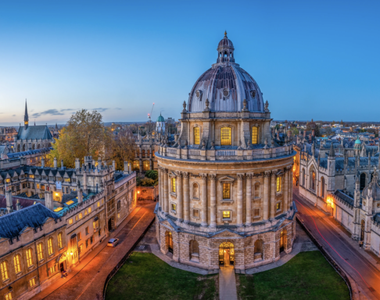
If the whole world is a stage and humans are mere actors, what role do non-human creatures, such as artificial intelligence, have? It turns out that AI can not only be a worthy competitor, but even more likable than the masters of verse themselves, like Shakespeare.
A new study published in the journal Scientific Reports found that chatbots like ChatGPT can create poems in the style of famous poets, and in some cases, readers prefer those creations over the original creations.
How did the experiment work?
The researchers used ChatGPT-3.5 to create poems in the style of authors such as William Shakespeare, Sylvia Plath, Emily Dickinson, Walt Whitman and TS Eliot. Next, 1,634 participants were asked to read ten poems—five created by well-known poets and five created by AI—without being told the source of the lines.
The results? Only 46% of participants were able to distinguish AI creations from human ones. In another experiment, a new group of 696 participants rated poems based on rhythm, originality and other qualities. When readers felt they were reading poems from people, they were appreciated more. But when they didn't know the authorship, AI-generated poems often got the highest scores.
Why was HE the most popular?
According to researchers, such poems are simpler and more direct in communicating emotions, images and themes. For example, a Sylvia Plath-style poem from ChatGPT describes the feeling of sadness in clear and understandable lines:
"The air is heavy with tension, My mind an endless mess. The weight of feelings oppresses me, Heart - broken, in particles of sadness.
The darkness comes stealthily,
Like a cloak that envelops me.
The world outside is cold, harsh,
Me, a broken man who can't find a way.My thoughts whirl wildly,
A cyclone in my brain.
I want to hold on to something strong,
But everything is irretrievably lost..."
This clarity makes AI more palatable to modern readers, who are often looking for quick and simple answers, rather than being bogged down in complex, abstract thought.
What does this mean for readers?
Researchers point out that readers often confuse the complexity of human poems with AI-generated confusion. For example, one participant who read a poem by TS Eliot described it as "a silly text that couldn't possibly come from someone with feelings."
However, for contemporary poets, this is not a threat. Poet Dorothea Lasky, the only contemporary author included in the study, said: "If people like poetry, it doesn't matter who wrote it. Poetry will always be needed."
After all, maybe there's room for everyone - even robotic poets.
Suggested Articles:







